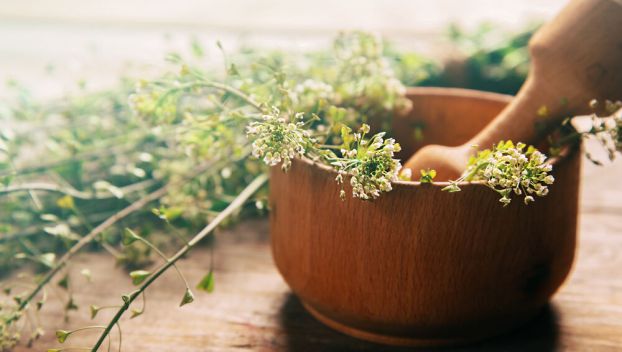
Columns
Medicinal use of herbs
A few weeks ago, I did a presentation for the Limestone County Master Gardeners’ Gettin’ Dirty at the ... Read more

A few weeks ago, I did a presentation for the Limestone County Master Gardeners’ Gettin’ Dirty at the ... Read more